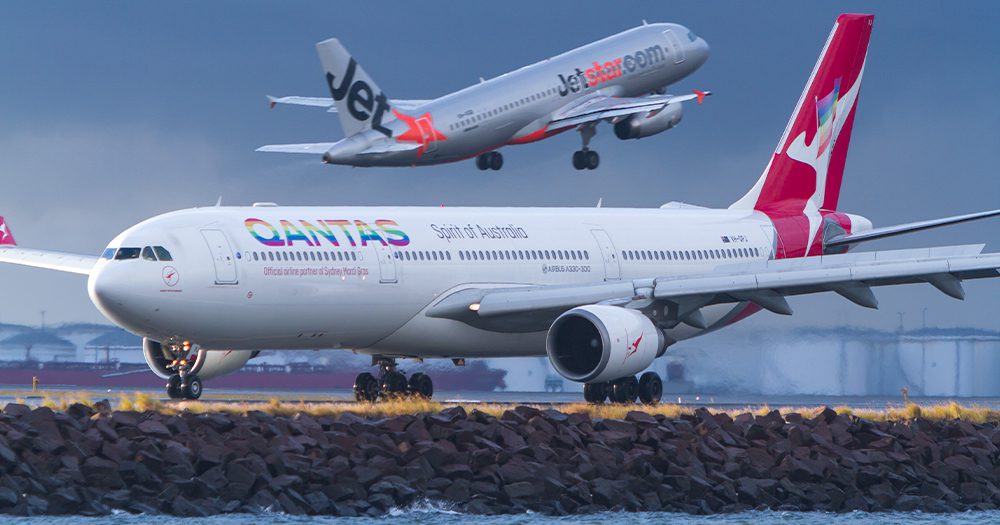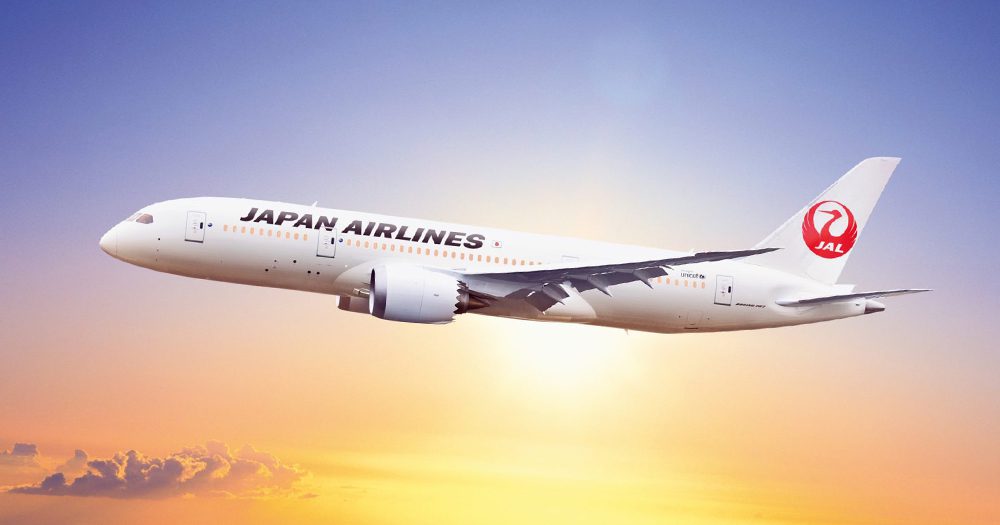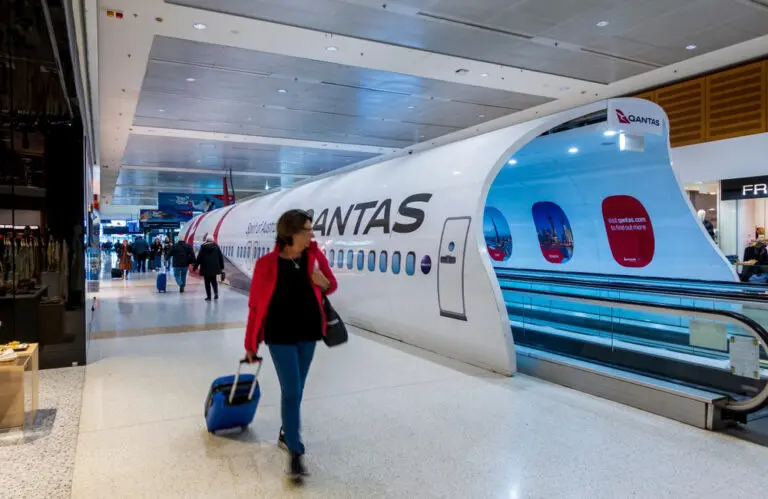Qantas and Japan Airlines (JAL) have expressed their disappointment at the Australian Competition and Consumer Commission’s (ACCC) decision to block the airlines’ plans to form a joint business that the airlines say “would have boosted the recovery of tourism when international borders reopen.”
The Qantas and Japan Airlines alliance would have allowed the airlines to stop competing on all aspects of price and service for three years.
However, the ACCC found that the agreement would likely lead to reduced competition as international travel resumes, to the detriment of passengers travelling between Australia and Japan.
“The ACCC can only authorise an agreement between competitors if it is satisfied the public benefits would outweigh the harm to competition. The alliance did not pass this test,” ACCC Chair Rod Sims said.
“Airlines have been severely impacted by the pandemic and this has been a very difficult period for them. But preserving competition between airlines is the key to the long-term recovery of the aviation and tourism sectors, once international travel restrictions are eased.”
The airlines had initially sought approval from the ACCC in December 2020 to work more closely together to serve customers travelling between Australia, New Zealand and Japan and “ensure a faster and sustained recovery from COVID.”
As part of the agreement, the airlines had proposed:
- An expanded codeshare relationship to up to 29 destinations and ‘better’ flight schedules between Australia, New Zealand and Japan.
- A new direct route Cairns – Tokyo operated by Qantas.
- Coordination of pricing, schedules, sales and tourism marketing supporting growth in key tourism markets.
- Enhanced frequent flyer benefits and more premium travel opportunities for Qantas and JAL customers.

Speaking about the Groups disappointment at the verdict, Qantas Domestic and International CEO Andrew David said, “We’re obviously disappointed with this decision. A closer partnership between Qantas and Japan Airlines would have meant more routes, better flight connections and more benefits to frequent flyers. None of these benefits will be realised following the ACCC’s decision.”
“We know the recovery of international travel is going to be slow and bumpy. It will take years for the whole travel and tourism industry to fully recover from COVID, so getting the policy settings right is going to be critical as key routes are rebuilt essentially from scratch. Getting that right will ultimately benefit the recovery of the Australian economy,” he said.
Following the ACCC’s draft decision in May, Qantas offered a commitment to commence a new service between Cairns and Tokyo once certain demand thresholds were reached.
“We think Qantas could commence a new Cairns service without the alliance, and the timing of any such service would be best determined by commercial factors in a competitive environment. Jetstar services on this route are currently planned to start again from February 2022, without the alliance,” Mr Sims said.
Qantas and JAL say they will continue their existing codeshare and Oneworld partnership, which do not provide the same benefits that would have been possible under a joint business.
Qantas and JAL have been partners in Jetstar Japan, one of the largest domestic low-cost carriers in Japan, since 2012.
More information, including the ACCC’s final determination, is available on the ACCC’s public register on its website at Qantas and JAL.





